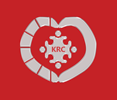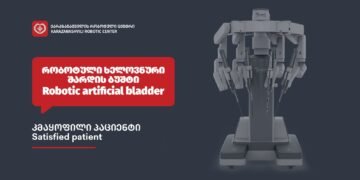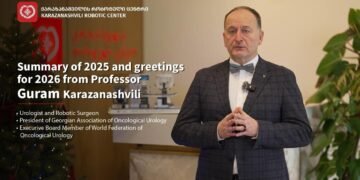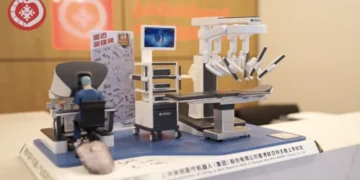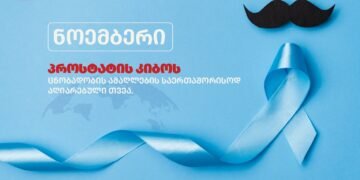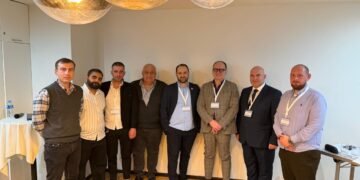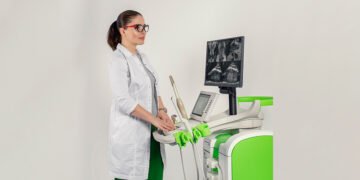Prostate cancer most commonly develops in men over 50 years old and is a relatively slow-growing cancer, making it the most common cancer in men.
Hormone therapy is considered the gold standard for treating advanced prostate cancer.
Prostate cancer is most often an adenocarcinoma (glandular cancer) based on its tissue structure. Prostate tissue grows under the influence of male hormones, called androgens, and is therefore classified as a hormone-dependent cancer.
It always contains hormone-resistant cells (which continue to survive even after castration). After castration, all prostate cancers eventually become hormone-resistant. The cancer becomes hormone-refractory, meaning it no longer responds to hormone therapy and continues to grow despite castration.
Hormone therapy itself involves blocking the “feeding” testosterone in the body to make the cancer cells stop growing. This can be achieved through medication (estrogens, LH-RH analogs) or surgical castration (orchiectomy).
As mentioned above, hormone therapy aims to remove as many androgens from the male body as possible. The primary source of androgens in the male body is the testes.
However, androgens are also produced in the adrenal glands in men.
To neutralize their effect on prostate tissue, anti-androgens are additionally used. These block the stimulating effect of androgens on prostate cancer cells.
This combination (hormone therapy + anti-androgens) is called maximum androgen blockade.
Gonadotropin-releasing hormone (GnRH) agonists include: Goserelin, Leuprolide, Decapeptil, Differil, etc. These medications are available in 1-month and 3-month doses. After the first injection, the initial days may see increased testosterone metabolism, which could lead to increased pain in metastatic areas and urinary retention. To prevent this, LH-RH analog treatment should be preceded by 5-7 days of anti-androgen therapy.
Hormone therapy has a number of side effects, including: lipid metabolism disturbances, myocardial infarction, stroke, high risk of developing diabetes, and osteoporosis (the complication of which is pathological fractures).
MMT Hospital offers patients the full course of hormone therapy and chemotherapy for any pathology.
